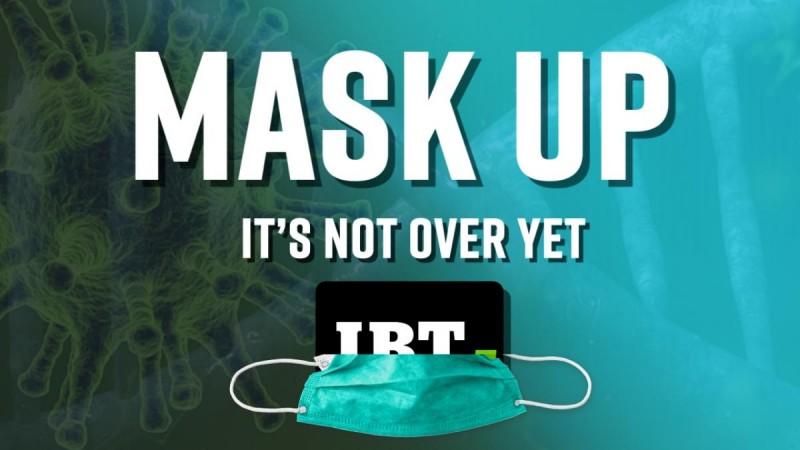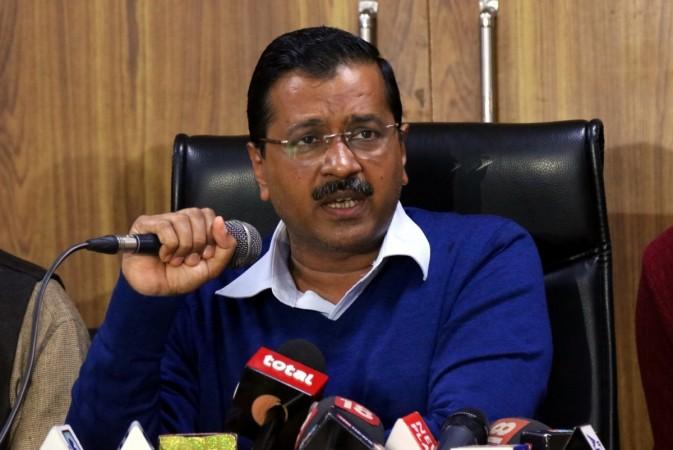India's capital is witnessing the coldest winter as Delhi's minimum temperature dropped to 6.9 degrees Celsius on Sunday - the lowest recorded in November since 2003. The India Meteorological Department has declared a cold wave as it fits the criteria for when the temperature drops below 10 degrees Celsius and is 4.5 notches less than normal for two consecutive days. But the freezing winters are not the only thing that's worrisome for Delhites - COVID-19 is back on high alert.
Coronavirus cases in Delhi are spiking at the peak of winter. This has driven the total positive cases tally to 540,000 and deaths due to the virus to over 8,600. Hospitals are facing a shortage of beds as more and more patients are getting admitted for treatment. Even the ICU beds are reportedly filling fast. All this points to Delhi on the verge of becoming the epicenter of India's first wave of winter infections.

Cold wave spikes COVID cases in Delhi
Delhi has so far reported 5.4 lakh cases with over 8,700 deaths. After reporting 4,454 new cases on Monday, the COVID-19 cases spiked again on Tuesday and Wednesday to over 6,000. On November 22, over 6,700 new cases were reported in Delhi, still lower than November 19, when there were 7,500 new cases. The lowest number of cases reported in the month of November was on November 15 with 3,235, but the rest of the days have been closer to the 6K mark, which is an alarming trend. In this month alone, there have been 128,000 new cases and Delhi is recording more cases a day than any other state.
In addition to the cold wave, the festivities, reopening of offices, factories and markets have added to the toll. The falling temperatures, rising cases is marred by the alarming spike in air pollution. All of this has taken a toll on people's health and the hospitals are overflowing with patients again.
BBC reported an incident of hospitals having a waitlist of 250 patients before taking in new ones. The situation is suspected to be worse than summer when the COVID-19 pandemic had broke and the country had no idea how to tackle it.

"People are struggling for beds. Even I cannot get a bed for my friends or family, it is so bad," Dr Harjit Singh Bhatti, a consultant at Delhi's private Manipal Hospital told BBC. Even the Lok Nayak Jai Prakash Narayan (LNJP) Hospital in Delhi, which has 2,000 beds, is overflowing with patients.
"Patients are arriving in clusters this time. We are seeing families and friends getting infected and hospitalised with the virus after attending festivals and frequent and repeated indoor gatherings," Dr Husain said. "I have had a married couple or a mother and her son being admitted to critical care with the infection at the same time."
Will lockdown help?

Owing to the resurgence of COVID-19 cases since the last week of October, there have been discussions to impose restrictions in the national capital. The AAP-led government in the state told the Delhi HC that it is actively considering night curfew or weekend restrictions in a bid to contain the spread of the virus. CM Arvind Kejriwal reiterated that there won't be a complete lockdown in the state.









